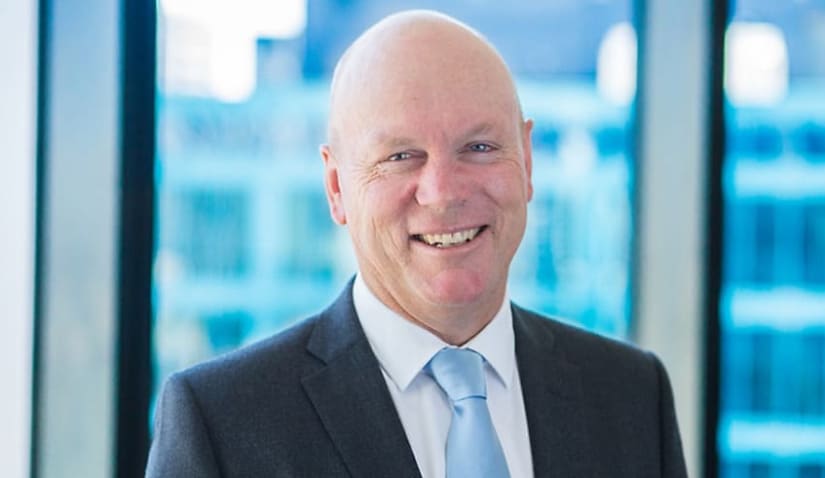Here, the head of Wotton + Kearney shares a compelling perspective on the benefits of private equity investment in BigLaw firms, after selling a 30 per cent stake of the international practice to a PE firm two years ago.

Speaking on a recent episode of The Lawyers Weekly Show, David Kearney, chief executive partner of W+K, underscored how the firm’s partnership with a private equity firm has positioned it for sustained success in an ever-changing market. He also delved into the prospect of private equity’s involvement in the ownership structure of law firms emerging as a defined trend in the future.
Two years later, Kearney reflected on the merits of this collaborative model, emphasising how partnerships nurture a rich and collegiate culture while also acknowledging how they can impede smooth business operations.
“I think there are a lot of good things about partnerships in terms of collaborative and collegiate culture. But also in partnerships, it can be difficult to run an efficient business and it can sometimes be difficult to make a decision as well,” he expressed.
Kearney detailed how the partnership between W+K and Straight Bat enhanced the firm’s ability to effectively tackle the challenges associated with establishing a more adaptable and productive business model.
“So for us, recognising the challenges coming our way, we thought a corporate structure was more likely to allow us to respond to those challenges.
“How do we retain earnings? How do we build a better balance sheet? How do we ultimately put ourselves in a better position to invest for the future? How do we build a bit of an ownership culture?” he noted.
The decision for the international law firm to engage in a private equity partnership was driven by the need for additional support to optimise the advantages of its corporate structure.
“That was the start of the journey when we became a corporate entity, and then three or four years on, we recognised that we would be assisted by a couple of things.
“First, it is a provider of capital different to debt funding, so different to the capital provided by debt funding through banking relationships, and we’d also be assisted by a different mode of thinking,” he revealed.
Kearney also said: “For us at the time, both in the context of providing access to additional capital and in the context of bringing different skills to our business, we partnered with a private equity firm called Straight Bat.”
“That decision wasn’t an easy one, but it was built on the back of a few notions. One is this notion of an alternative form of capital. The second absolutely was a cultural fit,” he emphasised.
When asked about the potential for this trend of BigLaw firms forming partnerships with private equity firms, Kearney expressed optimism tempered with realism.
He acknowledged the complexities involved in transitioning from a partnership to a corporate entity, particularly for larger firms.
“I do know there are difficulties in a larger partnership moving from a partnership to a corporate entity,” he articulated.
However, W+K’s experience suggests that such a transformation can be successful with the right conditions and leadership.
“It’s not easy convincing a number of legal partners that it makes sense and that’s not being disrespectful; it’s just a fact.
“Having said that, I’m an absolute massive believer in the concept of corporate entity. A corporate structure being the best way to build a legal business, to have the opportunity for legal and non-legal shareholders to invest in a business, build a business of value, and get a return over time,” he noted.
The transcript of this podcast episode was slightly edited for publishing purposes. To listen to the full conversation with David Kearney, click below: